Technical Marketer 1 Hour SEO Become a Technical Marketer
Course Description
Archive : Technical Marketer 1 Hour SEO Become a Technical Marketer Digital Download
Salepage : Technical Marketer 1 Hour SEO Become a Technical Marketer
Delivery : Online With Any Device
In those 15 months, I went from 1,209 monthly sessions to 270,011 monthly sessions.
Or, a 22,333% improvement.
This isn’t from spending hours and hours each day emailing people for links, blasting Twitter and Facebook, commenting on people’s blog posts, or trying to sneak links into forums.
95% of my traffic happens automatically.
I’ve never spent more than an hour, usually less than half an hour, on the promotion strategy for each article. And once that initial promotion strategy is done, I barely touch it or promote it ever again.
Despite doing no ongoing marketing, posts from over a year ago routinely get as many as 1,000 readers a day.
This is the power of 1 Hour SEO.
SEO, or Search Engine Optimization, means writing your content in a way that it gets ranked in the top few spots on Google for a topic. If it’s a topic that a lot of people search for, well, then you get a lot of traffic!
But, here’s the thing. 90% of what you hear about -doing SEO is a waste of time. SEO blogs and experts will tell you to do all sorts of things that aren’t necessary. They want you to keep giving them money and reading their site, so they need to add a ton of complication to the topic to keep you coming back.
I’ve read all of the blogs, talked to the experts, and after doing my own experiments, I’ve discovered that SEO is 10x easier than they say it is. I know because I’ve achieved my SEO rankings by ignoring the vast majority of the advice, and focusing intently on a few, core principles instead.
And that’s led to this nice, steady growth in my SEO traffic over the last year:
Stumbling on Simplicity
How did I figure this process out? Well, mostly on accident.
I was working on growing a startup’s blog and trying to grow my blog on the side. I didn’t have the time for tons of marketing effort on my site since I had to focus on my job, so I did the bare minimum amount of SEO that I thought would still be effective. The 10-20% that would get 80-90% of the results.
Then something weird happened. My site was getting more SEO traffic than the blog I was being paid to run. I was ranking higher, and easier, despite spending significantly less time on all of the strategies that SEO experts said you had to do.
That led me to a realization: SEO is simple, but the industry has made it more complicated.
Think about it. If your job is to be a highly paid SEO consultant, or to get people to keep reading your blog about SEO, then you have make SEO seem more complicated than it is. Otherwise, you’d be out of business!
Once I realized that, I started ignoring all of the complex SEO advice out there and focused more on refining those vital few aspects.
It kept working. I went from 100 visitors a day to 500, then 1,000, 2,000, and now over 7,500.
Where Popular SEO Advice Fails
It’s easy to forget this simple fact: no one knows how Google works.
I don’t know how Google works, you don’t know how Google works, people who blog about SEO don’t know how Google works.
Even Google doesn’t totally know how Google works. They use such advanced machine learning algorithms to optimize their ranking process that the engineers who built them can’t entirely explain them anymore.
So, if no one knows exactly how Google ranks results, what do we know? Not much, and that’s led to lot of popular advice that we need to question.
Here’s one piece of data that comes up a lot: There is a very strong, positive correlation between articles having a lot of sites linking back to them, and their rank on Google. This would seem to suggest that if you can get more links to your article, it will rank higher.
But it could also suggest the opposite. If you need to link something from your article, where do you go? Google, of course, and you probably use the first result you get. So what if a high rank causes more backlinks, instead of more backlinks causing a high ranking?
We simply don’t know the answer, but I would bet that there’s a bit of both going on.
Longer content tends to rank better, but what if that’s simply because a 2,000 word article tends to answer people’s questions better than a 300 word one? What other common wisdom about SEO can be explained away by confusing correlation and causation?
It’s easy to get sucked in by data analyzing high ranking articles, but they’re still just guesses. We only know a few things about Google for certain, and that’s what this strategy is based on.

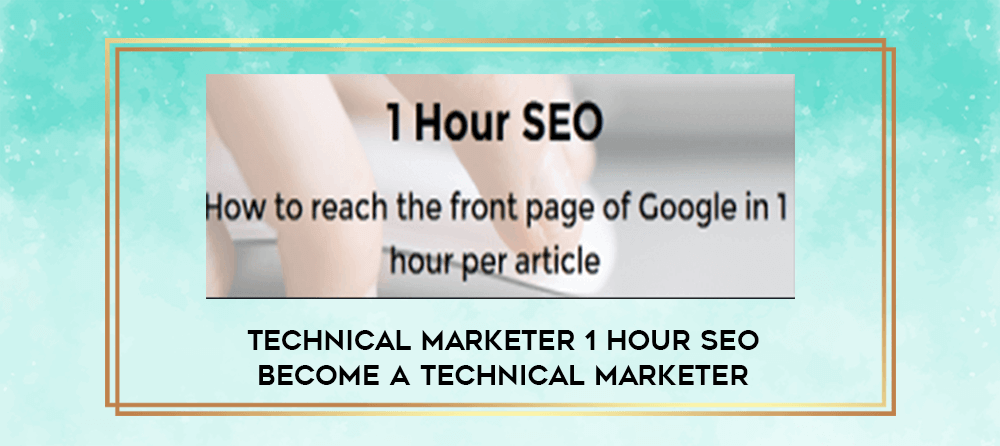


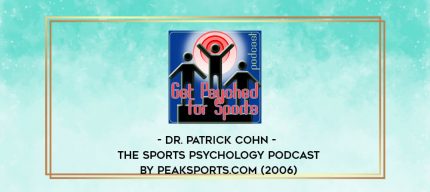



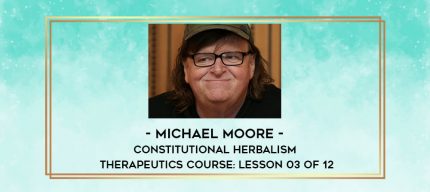
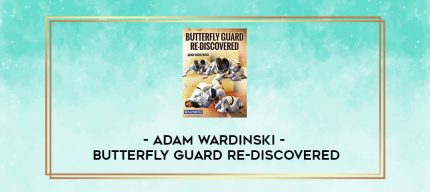
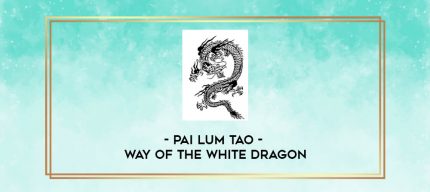











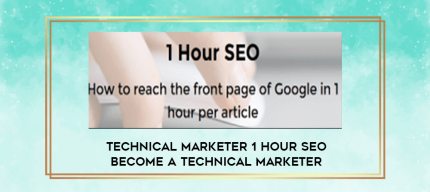
Reviews
There are no reviews yet.